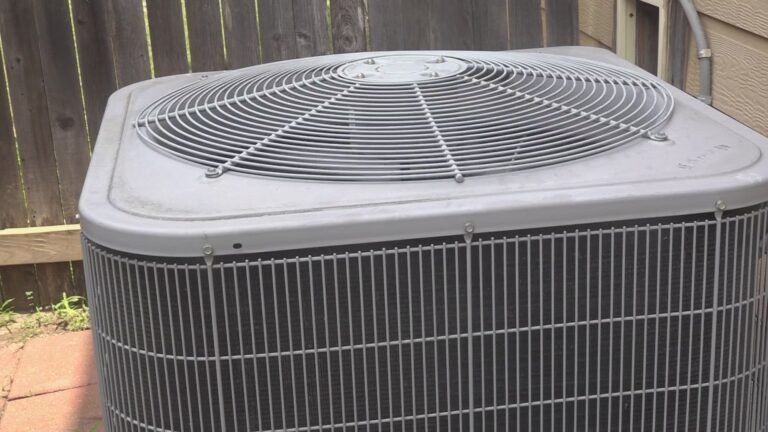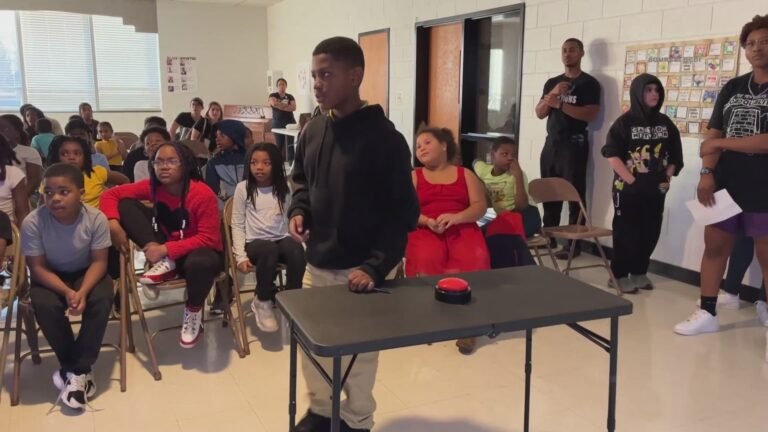Dogs vs. Invasive Insects: Labs Sniff Out Spotted Lanternfly Threat in North Carolina
RALEIGH, N.C. — North Carolina is enlisting some unlikely allies in the fight against one of the state’s most destructive invasive pests: detector dogs.
The Spotted Lanternfly, an invasive insect known for killing grapevines, damaging hops, and overwhelming gardens, has now been confirmed in several North Carolina counties. To combat the threat, the North Carolina Department of Agriculture and Consumer Services (NCDA) has turned to two black Labrador retrievers — Goose and Kita — specially trained to sniff out the bugs and their eggs.
Meet Goose and Kita
The dogs, deployed in trucks marked with their names, work alongside handlers Chad Taylor in the western half of the state and Jackie Fredieu in the east.
They can identify egg masses hidden on trees, vehicles, and shipping containers, often in places humans would miss. Goose recently alerted to an egg mass on a pickup truck — a potential infestation that could have traveled across the state unnoticed.
The Economic Stakes
The Spotted Lanternfly feeds on more than 100 plant species, but officials are especially worried about vineyards and hop farms.
“We’re most worried about it being on grapes. It has been known to kill grapevines, which is a huge issue for our emerging vineyard production in the state,” said Amy Michael, NCDA’s entomological programs manager.
The insect was first detected in Kernersville on the Forsyth-Guilford county line and has since spread to Rockingham, Lenoir, and Caldwell counties. Without intervention, experts warn the bug could devastate crops and landscapes.
How Dogs Make the Difference
Before Goose and Kita, spotting the insects required long hours with binoculars. Now, their powerful noses allow inspectors to move quickly.
“Anything that we may have missed with our eyes, they can find with their nose,” Fredieu explained.
The dogs can pinpoint infested trees, allowing crews to remove eggs and treat affected areas.
Public Asked to Help
NCDA officials stress that stopping the spread will take teamwork. Residents are urged to report sightings of Spotted Lanternflies to the NC State Extension Service, which has an online reporting tool and educational resources.
Do you think detector dogs are the most effective way to stop invasive pests like the Spotted Lanternfly? Share your thoughts in the comments on SaludaStandard-Sentinel.com.







